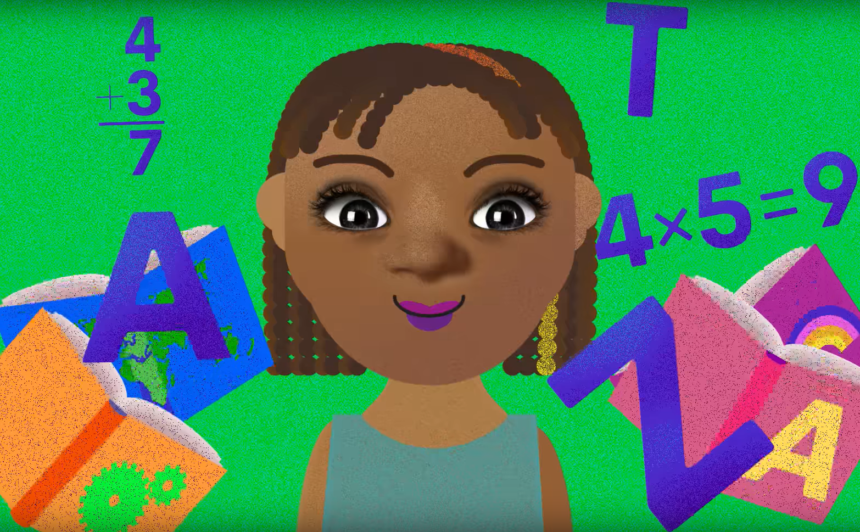Share Content
Article Link Copied
UNESCO: 1 in 3 Ivorian parents support early learning

About one-third of 3-5-year-old children in Ivory Coast live with parents or caregivers supporting the development of children with positive and stimulating activities, new data published by UNESCO revealed.
New data published by UNESCO shows that almost 30% of children aged 3 to 5 live in households where their parents or other adults engage in positive and stimulating activities. To those activities belong reading or looking at picture books, telling stories, singing songs, taking children outside the home, playing, naming, or counting or drawing.
This data is available for the first time thanks to the UNESCO Institute for Statistics (UIS) which published the Sustainable Development Goals (SDGs) indicator 4.2.3: percentage of children under 5 years experiencing positive and stimulating home environments. The UIS has produced this indicator using household survey data mainly for low- and middle-income countries.
The Jacobs Foundation is working in Ivory Coast with public and private organizations to develop a sustainable ecosystem that will ensure access to quality education and with that improve the living conditions of Ivory Coast’s cocoa farmers and their children. The Transforming Education in Cocoa Communities (TRECC) program offers a variety of solutions for each stage of life of children and youth, including programs for parents.
No progress in reducing out-of-school rates
The UNESCO data furthermore shows that about 258 million children and youth are out of school in 2018. With around one-sixth of the global population of this age group missing out on education, the message to the UN General assembly (meeting on 17 September in New York) could not be clearer. To achieve the Sustainable Development Goals on Quality Education (SDG 4) more action is urgently needed. The out-of-school rates differ considerably among regions (see figure below), income levels, as well as age and gender.
